Prepare your Business for Email Security Standards
Starting February 2024, Google and Yahoo will enforce updated email authentication and delivery standards, ushering in a critical shift for businesses relying on email communication, particularly those that send high volumes of messages. These changes reinforce the growing importance of email security and cybersecurity best practices.
Breaking Down the New Email Authentication Rules
Basically, these updates are all about making email a more trustworthy and secure place. Google and Yahoo are now going to require senders, particularly those who send bulk emails, to prove their emails are legitimate using solid email authentication protocols. This means getting familiar with and setting up things like SPF (Sender Policy Framework) – think of it as a list of approved senders for your domain; DKIM (DomainKeys Identified Mail) – a way to digitally sign your emails so recipients know they haven’t been messed with; and DMARC (Domain-based Message Authentication, Reporting, and Conformance) – a set of instructions for what to do with emails that don’t pass the SPF and DKIM checks.
It also means moving away from those free, generic email addresses like @gmail.com for your business and using your own professional branded domains instead. Plus, keeping a close eye on any spam complaints you receive will become even more crucial for maintaining your sender reputation and ensuring effective email security.
Key Email Delivery Requirements
Here are the core requirements businesses must address:
- Email Authentication: Senders must configure DKIM and implement basic DMARC records. This enhances email phishing protection and defends against email spoofing and email impersonation. Proper email authentication is paramount.
- Domain Transition: Use an owned email domain rather than free, generic ones. This change supports better deliverability and aligns with Office 365 email security strategies.
- Spam Complaint Management: Spam rates must stay under 0.1% for Gmail and 0.3% for Yahoo. Keeping this low is essential for avoiding reputation damage related to potential email phishing attacks and maintaining deliverability.
Timeline for the Upcoming Email Authentication Changes
- February 2024: Enforcement Begins – Google and Yahoo begin applying compliance standards. Non-compliant senders may experience temporary errors to help identify problems.
- April 2024: Rejections Start – Email traffic not aligned with the new rules will start being rejected. For example, if 75% of your traffic complies, the other 25% may be blocked.
- June 1, 2024: Final Compliance Date – All commercial and marketing messages must include one-click unsubscribe links. This improves user experience and supports consent-based marketing.
Why Compliance Matters
Meeting these standards goes beyond just inbox placement. It strengthens your brand’s reputation and shields recipients from cybersecurity threats like email phishing, spoofing, and impersonation. Proper email authentication setup enhances trust while reducing exposure to threats targeted at email users, bolstering your overall cybersecurity posture.
What You Can Do Now
- Implement DKIM and DMARC: Start by authenticating your domains. Use tools like OnDMARC from Red Sift to help manage DMARC deployment and monitoring.
- Secure Your Email Domain: Move from generic domains to your own branded domain. This aligns with both email security and professionalism.
- Reduce Spam Complaints: Use best practices for engaging content and permission-based lists. This is a key part of malware protection and overall email hygiene, complementing technical measures like email encryption.
Vircom’s Role in your New Email Authentication Journey
As a trusted name in email security and cybersecurity with over 30 years of experience, Vircom can help your organization adapt to these changes with ease. From consulting to implementation of OnDMARC, our experts guide you through setting up compliant, secure email systems using solutions like Proofpoint Essentials and other Proofpoint products.
For expert help on adapting to these standards, book a consultation with Vircom today and stay ahead of evolving security demands.



